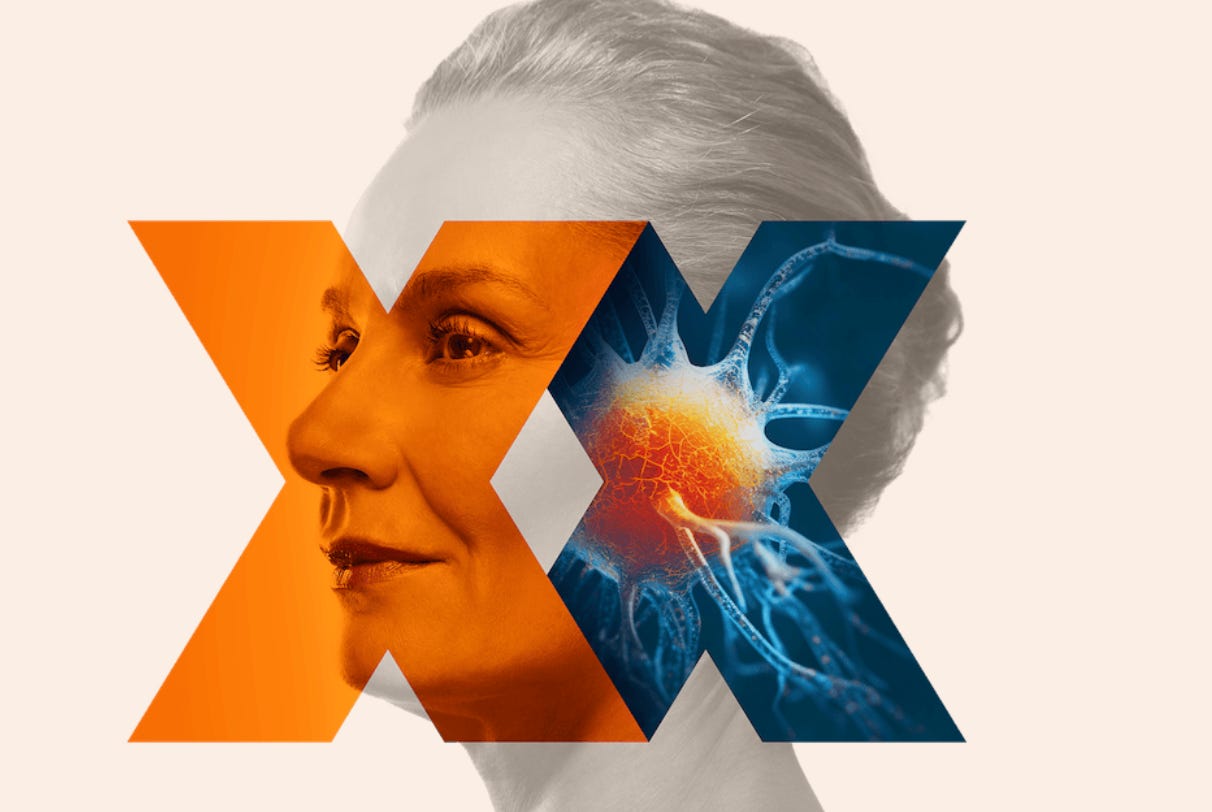Wellcome Leap launches $50 million research program to halve Alzheimer's risk in women
Dr Lisa Mosconi to head up the program
The non-profit Wellcome Leap has announced a new $50 million research program to prevent 54.5 million Alzheimer’s cases in women by 2050. Renowned neuroscientist Lisa Mosconi PhD will join as program director.
The ‘Cutting Alzheimer’s Risk through Endocrinology’ (CARE) program aims to halve the lifetime risk of Alzheimer’s among women, benefiting 330 million women globally. Worldwide someone develops Alzheimer’s disease every 3.2 seconds, with women comprising nearly two-thirds of all patients.
Beyond improving health outcomes, cutting Alzheimer’s risk in half could save the U.S alone $4.56 trillion USD - highlighting the enormous economic stakes of prevention. The global implications would be multiples of this number. Therefore, the program will also emphasize advances that increase access and reduce cost.
Identifying risk factors
CARE will focus on midlife women, when prevention efforts are most effective. Researchers will explore how neuroendocrine aging contributes to neurodegeneration to then identify personalized preventative strategies based on biomarkers, imaging and genetic profiling.
Historically, Alzheimer’s disease was considered an inevitable consequence of aging or genetics - or a combination of both. However, this perspective has shifted as research suggests that 45% of Alzheimer’s risk can be attributed to modifiable factors like lifestyle and health behaviors. However, 55% remains unexplained, with female-specific risks still largely unquantified.
Current estimates are sex-aggregated, meaning they do not account for differences in risk profiles between men and women. CARE aims to close these gaps by identifying sex-specific biomarkers and interventions.
The protective effect of hormones?
Some research suggests that the loss of neuroprotective sex hormones may increase postmenopausal Alzheimer’s risk. And while preclinical research has demonstrated estrogen’s neuroprotective potential, the clinical application of menopausal hormone therapy (MHT or HRT) for reducing Alzheimer’s risk remains a subject of active debate.
CARE will explore whether targeted hormonal interventions - stratified by genetics, medical history, and biomarkers - can effectively reduce Alzheimer’s risk in women.
Funding opportunity - call for abstracts and proposals
The CARE program is now inviting abstracts and proposals for work over three years with a potential additional one-year option. The deadline is 14 March 2025.



